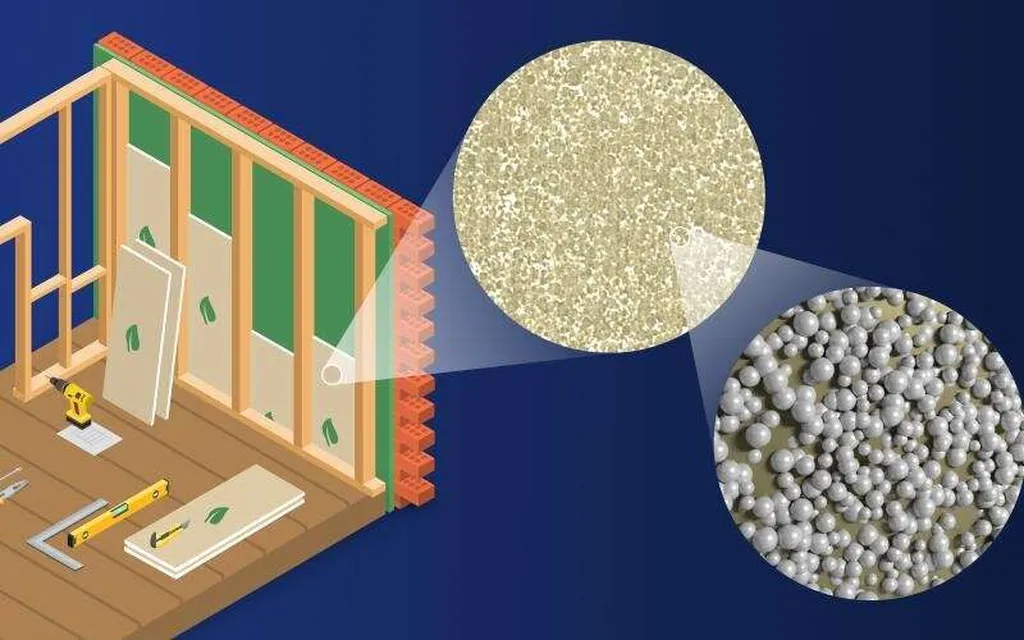In the quest for sustainable and efficient materials, researchers are turning to unconventional sources, and a recent study published in the journal ‘Applied Rheology’ (translated from Danish as ‘Applied Flow Science’) is making waves in the construction and energy sectors. Li Ruifen, a researcher from the Department of Food Science at Aarhus University in Denmark, has been exploring the properties of foams stabilized by faba bean isolate, a plant-based protein, and comparing them to traditional egg white foams.
The study delves into the microstructure and rheology— the study of flow—of heated foams, offering insights that could revolutionize how we think about insulation and other construction materials. “Understanding the behavior of these foams under heat is crucial,” explains Li Ruifen. “It allows us to explore their potential applications in industries where thermal stability and structural integrity are paramount.”
Foams have long been used in construction for their insulating properties, but traditional materials often come with environmental and sustainability concerns. The shift towards plant-based alternatives is gaining momentum, and faba bean isolate is emerging as a promising candidate. “Faba bean isolate not only provides a sustainable alternative but also exhibits unique properties that could enhance the performance of foams in various applications,” says Li Ruifen.
The research highlights the potential for faba bean isolate to create foams with improved thermal stability and structural integrity. This could lead to more efficient insulation materials, reducing energy consumption in buildings and contributing to a more sustainable future. “The energy sector is always looking for materials that can improve efficiency and reduce costs,” notes Li Ruifen. “Our findings suggest that faba bean isolate foams could be a game-changer in this regard.”
The study’s focus on the microstructure and rheology of these foams provides a deeper understanding of their behavior under different conditions. This knowledge is crucial for developing materials that can withstand the rigors of industrial applications. “By understanding the fundamental properties of these foams, we can tailor them to meet specific industry needs,” explains Li Ruifen.
The implications of this research extend beyond the construction industry. The energy sector, in particular, stands to benefit from the development of more efficient and sustainable insulation materials. As the world grapples with the challenges of climate change and resource depletion, the need for innovative solutions has never been greater. “Our research is just the beginning,” says Li Ruifen. “We are excited about the potential applications of faba bean isolate foams and the positive impact they could have on various industries.”
As the world continues to seek sustainable and efficient materials, the insights from this study could pave the way for a new generation of construction and insulation materials. The research published in ‘Applied Rheology’ offers a glimpse into the future of materials science, where plant-based proteins could play a pivotal role in shaping a more sustainable and energy-efficient world.

